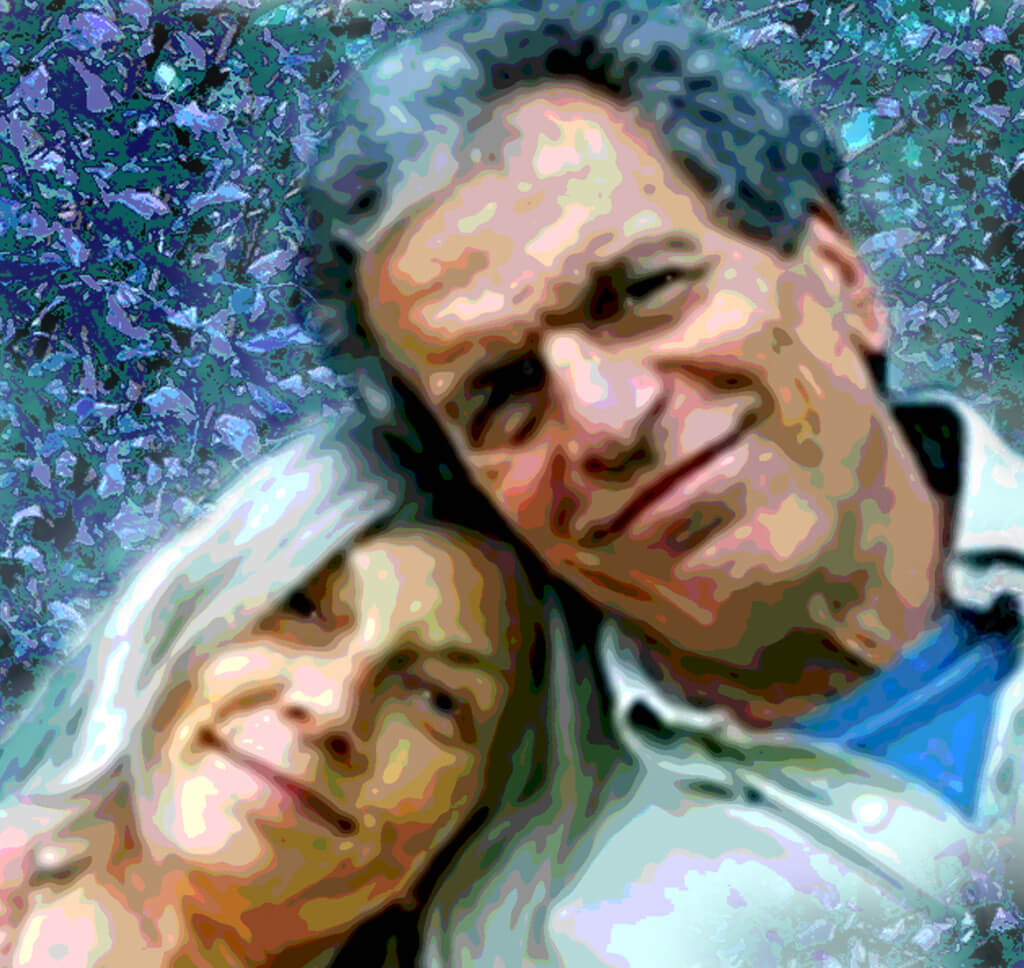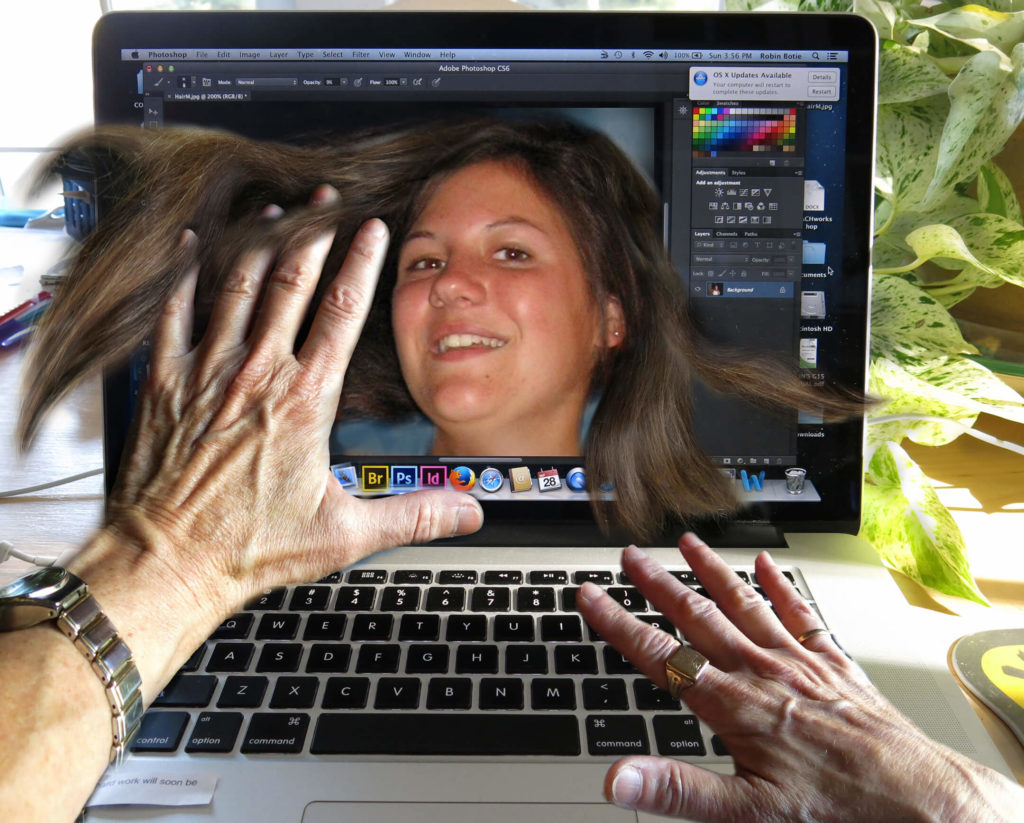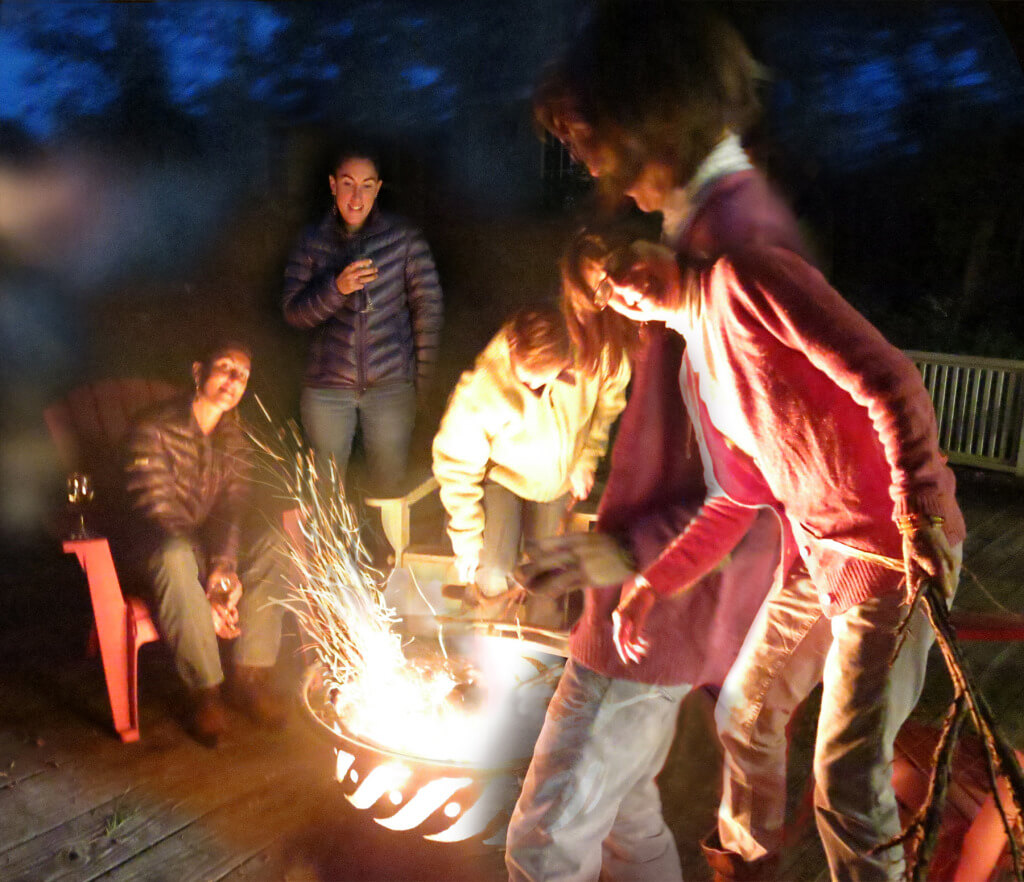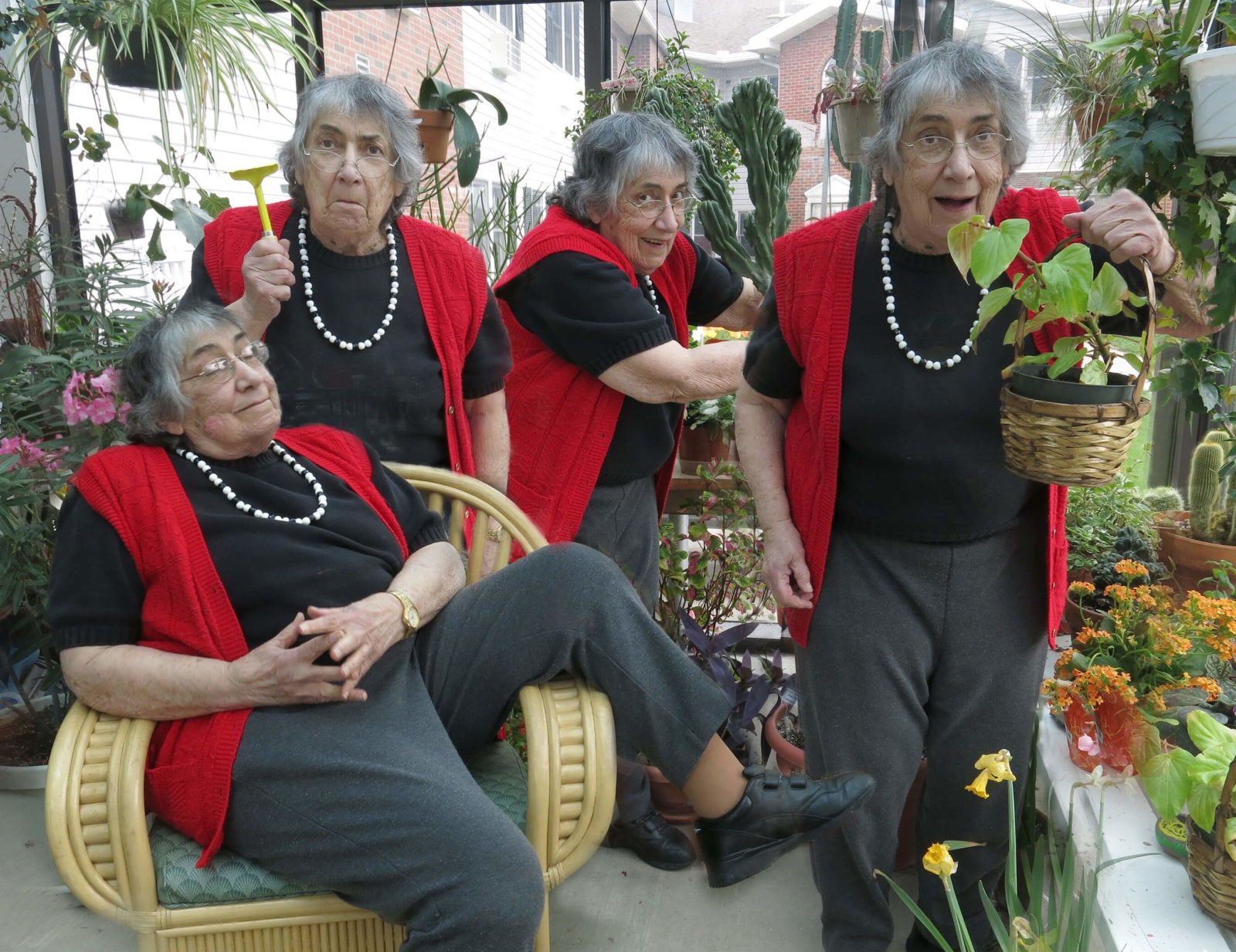 It was a twenty-mile drive to the book launch celebration for Elaine Mansfield’s memoir, Leaning into Love: A Spiritual Journey through Grief. A week before, I’d bought the book for a friend who recently lost her husband. I’d started reading it and could not give it away until I finished the whole book myself.
It was a twenty-mile drive to the book launch celebration for Elaine Mansfield’s memoir, Leaning into Love: A Spiritual Journey through Grief. A week before, I’d bought the book for a friend who recently lost her husband. I’d started reading it and could not give it away until I finished the whole book myself.
The gathering at Damiani Wine Cellars was impressive. It was almost like stepping back into the book as all the people I’d just read about (and seen pictures of on Elaine’s blogs) now walked among the crowd, smiling with filled wineglasses. Reading the memoir, I’d witnessed how family and friends make a difference in dying a good death and living a good life. I’d come to love the sons who participated in rituals in the woods and the friends who brought soup and read poems. But there was one person in particular I was looking for.
I recognized Elaine’s mother-in-law from the photos I’d seen of her son who died. They had the same eyes and face-shape. She was sitting alone at a table so I took my plate of hors d’oeuvres and joined her. Introducing myself, I explained how I bumped into Elaine six years ago in the tiny kitchen of the oncology unit at Rochester’s Strong Memorial Hospital. My daughter and I were first entering the wilds of cancer as the Mansfields were exiting.
“Did your daughter die?” she asked right off, leaning towards me. Ninety-eight years old, she didn’t waste time getting to what was on her mind.
We talked about our children. We talked about life in general, the unfairness and the heartbreak. My twenty-year-old daughter was with me the last third of my life before she died; this woman’s son had lived for two thirds of her life. We both knew you can’t measure or score grief.
“I’m going to be okay. Will you be okay?” I wanted to ask but didn’t. Then suddenly she was gleaming proudly.
“I want you to meet my grandsons,” she said as she introduced me to David and Anthony and the granddaughter-in-law from the book. “And this is our new fiancée,” she said, hugging another young woman’s arm. Illuminated before me were the messages I took from the book: life ends but love lasts long after, embrace the grief. And new life follows loss.
Please Share on your Social Media





 The yellow flowers quivered as I plopped the small plant into the hole I’d dug. I tamped the soil down around it. Done. Thankfully there had been no run-ins with earthworms. No bugs.
The yellow flowers quivered as I plopped the small plant into the hole I’d dug. I tamped the soil down around it. Done. Thankfully there had been no run-ins with earthworms. No bugs.